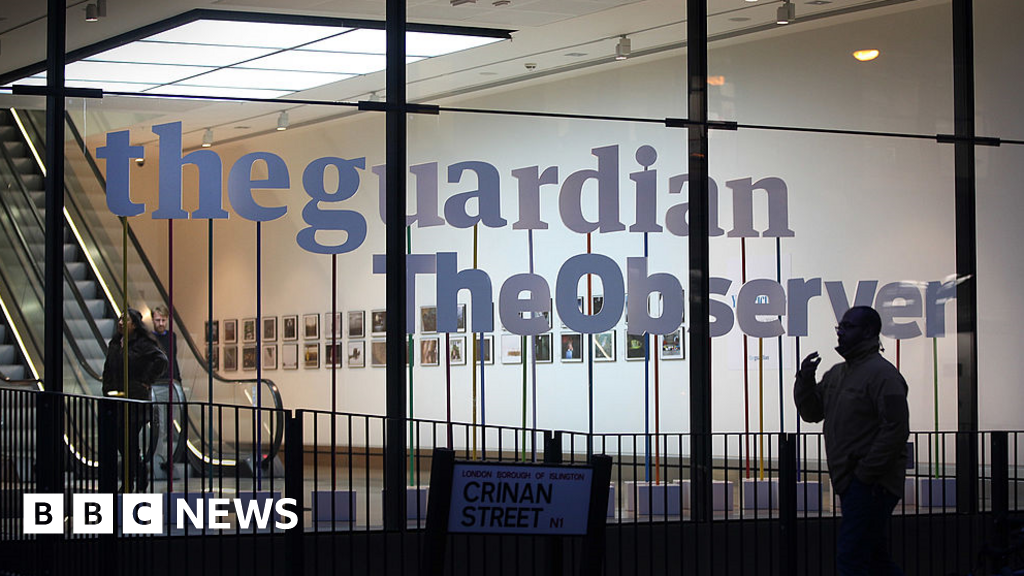The UK’s impending abolition of a tax perk for wealthy residents has triggered a pan-European hunt for fiscal havens as the rich cast a wide net from sunny upstart destinations such as Portugal to dependable Switzerland.
Tax advisers across the continent are reporting a rush of inquiries that began when the UK’s previous Conservative government pledged to end its non-domicile tax regime from 2025, and accelerated when the new Labour administration said it would follow through on the plan.
Non-dom status is accessible to UK tax residents whose permanent home or “domicile” is overseas. It enables beneficiaries to avoid paying British tax on their foreign income or capital gains for 15 years, provided they do not bring them to the UK.
For the rich whose commitment to the UK will expire with the perk, there are no carbon copies of the British system but several countries offer similar incentives. Those who put a premium on lifestyle are also considering how other locations match up to London’s strengths (its social buzz) and weaknesses (its weather).
Switzerland’s reputation as a haven means it is accustomed to attracting a steady level of interest from the well-off, but Stefan Piller, head of tax and legal at BDO’s Zurich office, said: “We’re getting more requests each week — and many more than we experienced last year.”
The alpine nation’s fiscal appeal centres on its low rates of income tax. Most cantons such as Geneva and Zug offer a lump-sum taxation or “forfait” system, based on individuals’ living expenses, for the very rich, which enables them to cut bespoke deals on what tax they pay. Zurich and Basel have abolished the system.
The resulting levies are “not cheap”, said Justine Markovitz, head of Withers’ Swiss practice, but they do provide much-desired certainty. The downside is that people in the forfait system cannot work in Switzerland.

Another option is Monaco, the tiny Mediterranean principality with no income or capital gains tax, although its extremely high living costs deter some.
Many UK non-doms are weighing their options with April 6, 2025 in mind, the day when the old regime will be abolished. It will be replaced with a new residence-based system under which new resident applicants, who have lived outside the UK for at least a decade, will be exempt from UK tax on foreign income or capital gains for four years, not 15.
Concentrating minds is the fact that the Labour government has said it will also remove the ability to permanently shield foreign assets held in a trust from the UK’s 40 per cent inheritance tax.
“It is inheritance tax that is causing most of the upset,” Markovitz said. “I’m finding many people say: ‘I can’t do that for my kids, I can’t sacrifice 40 per cent of my asset base.”
Switzerland does not set inheritance tax at a federal level and its cantons typically charge relatively low or no inheritance tax. Portugal, another place attracting the wealthy’s attention, does not impose an inheritance tax either. Lisbon does impose a 10 per cent “stamp duty” on Portuguese assets passed on after death, but it does not apply to assets overseas.
Portugal has offered more besides: in the past decade it has courted foreigners with golden visas and a generous fiscal regime for tax residents who remained domiciled elsewhere. But rich individuals are discovering much has changed.
Its previous centre-left government scrapped the non-dom regime last year and replaced it with more limited tax incentives for foreigners and returning Portuguese expatriates who have work contracts in certain fields, including technology, R&D and academia. Those incentives include a tax exemption on foreign income, excluding pensions, and a 20 per cent flat tax on Portuguese work or business income from qualifying activities.
Now, crucially, a new centre-right government is drawing up regulations to implement its predecessor’s policy by year-end — and tax advisers expect more people to become eligible for the new system.
“We have received many questions,” said Luís Nascimento, a tax adviser at consultancy Ilya. “[But] until the government publishes the new ordinance, there is still a lot of uncertainty about what the new regime will be.”
Nuno Cunha Barnabé, tax partner at Lisbon law firm Abreu Advogados, said Portugal is also keen to sell its lifestyle. “If you live in London and what you like about it is going to fancy restaurants, the nightlife and the buzz, then Portugal is not for you,” he said. “But if you want a country that is quieter, where the weather is good, where there is outdoor living, Portugal is probably for you.”
A Mediterranean lifestyle is also part of Italy’s appeal, which is set to endure despite Rome’s recent decision to double a flat tax on the foreign income of rich expats to €200,000 a year.
“If you are asking someone to buy a product and the next day it doubles, no one is happy,” said Jacopo Zamboni, executive director for private clients at Henley & Partners. But, he added, “when you assess the pros and cons, clients want a stable legislative framework — they don’t want only a stable tax amount.”
Italy’s regime, which is available for 15 years to new tax residents who invest at least €250,000, was set up in 2016 in a post-Brexit push to lure wealthy people away from the UK. Since 2017 it is estimated to have attracted about 4,000 multimillionaires, including oligarchs and private equity investors. Wealthy individuals who relocated before the recent increase will continue to pay €100,000 a year.

Across the Ionian Sea, Greece boasts a lower cost of living than Italy — though that may be of negligible importance to the very rich — and a similar system. Introduced in 2019, its regime offers a flat annual tax of €100,000 on foreign income for 15 years for individuals who meet residency requirements and invest at least €500,000 in real estate, businesses, or securities.
So far the regime has attracted more than 230 millionaires to the country.
Vassilis Vizas, leader of tax and legal services at PwC Greece, said he had seen a surge in interest in Greece from UK non-doms in recent months, but noted that most of them were rich individuals of Greek descent.
The durability of Greece’s fiscal regime is one issue on the minds of potential residents.
Although Vizas sees no signs of reforms on the horizon, he said “one common question is whether the favourable tax policies will remain unchanged”.
Additional reporting by Sérgio Aníbal in Lisbon




























































































































You must be logged in to post a comment Login